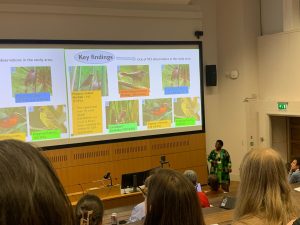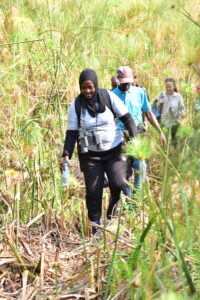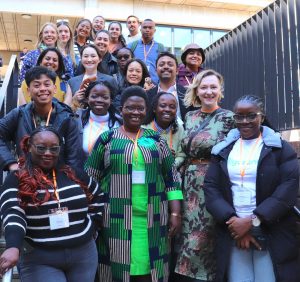There have been interesting preliminary findings of the Site Selection to Protect Papyrus Endemic Biodiversity in Uganda project (SEBU) that indicate the direction in which Ugandan scientists should focus their attention. An expert team working on this JRS biodiversity funded project has made preliminary findings regarding how human activity is affecting high altitude papyrus endemics.
Salongo Julius Kigoolo, a consultant herpetologist involved in the project, was excited to note some of the unique species of amphibians found in some areas. There are also some key biodiversity species that are becoming increasingly scarce due to human encroachment. In several talk shows organized to promote awareness of the project’s objectives, Dr Julius Arinaitwe, the principal investigator and coordination consultant, indicated that if human activity on the wetlands is not managed in a way that fosters coexistence of biodiversity, some species of birds would disappear entirely.
In a talk show hosted by Radio West in Ankole and Voice of Kigezi in Kabale, SEBU researchers emphasized the need for more sustainable use of the wetlands. In his presentation, Godfrey Sempungu, the project communication consultant, highlighted the importance of KAB as a key provider center for experts that are crucial to achieving community transformation and growth. Among the Master in Environmental Sciences students that are collaborators on this project are Loy Natukunda, Shafati Natukunda, Labour Asiimwe, and Martha Atuhaire. The students are working under the mentorship of Dr. Fiona Mutekanga. During the course of the year, Dr Linda Donaldson also visited Uganda to support her collaborators on the field.



